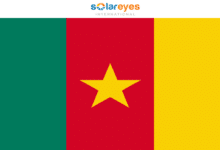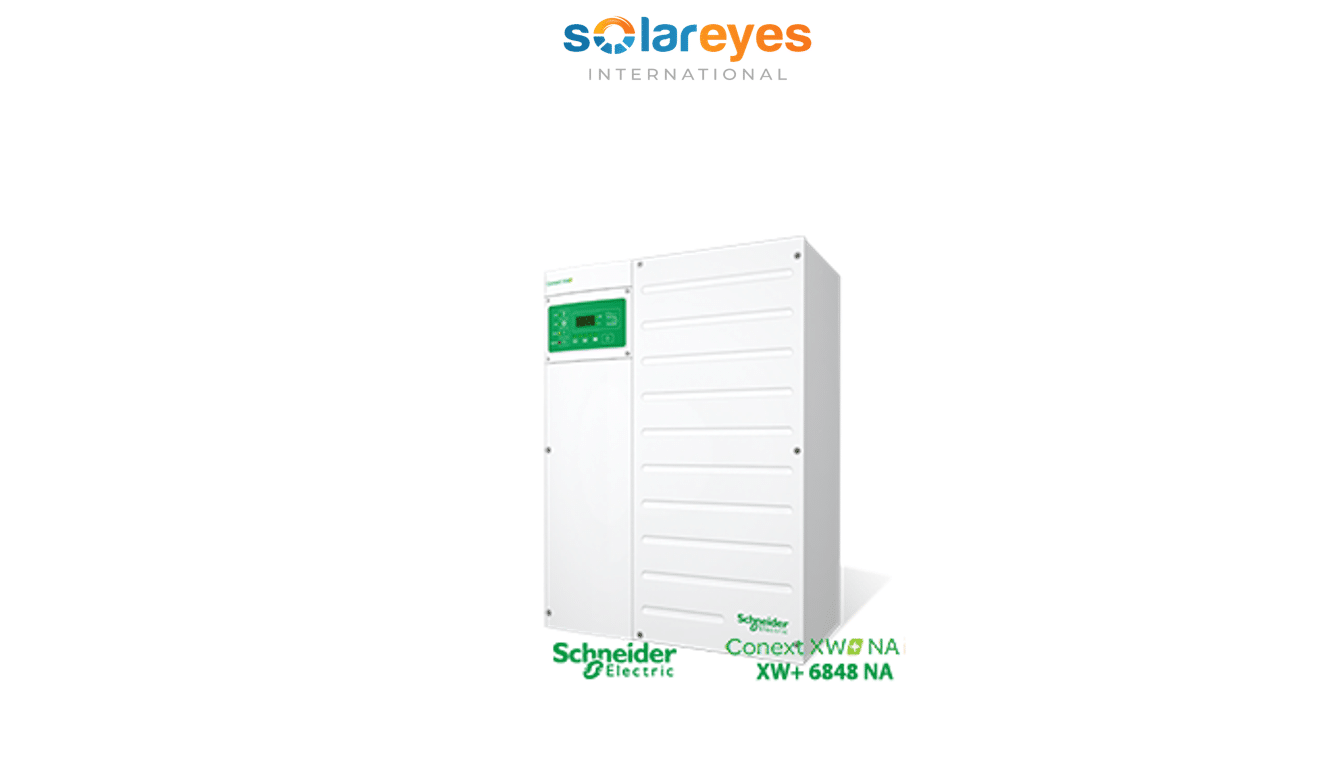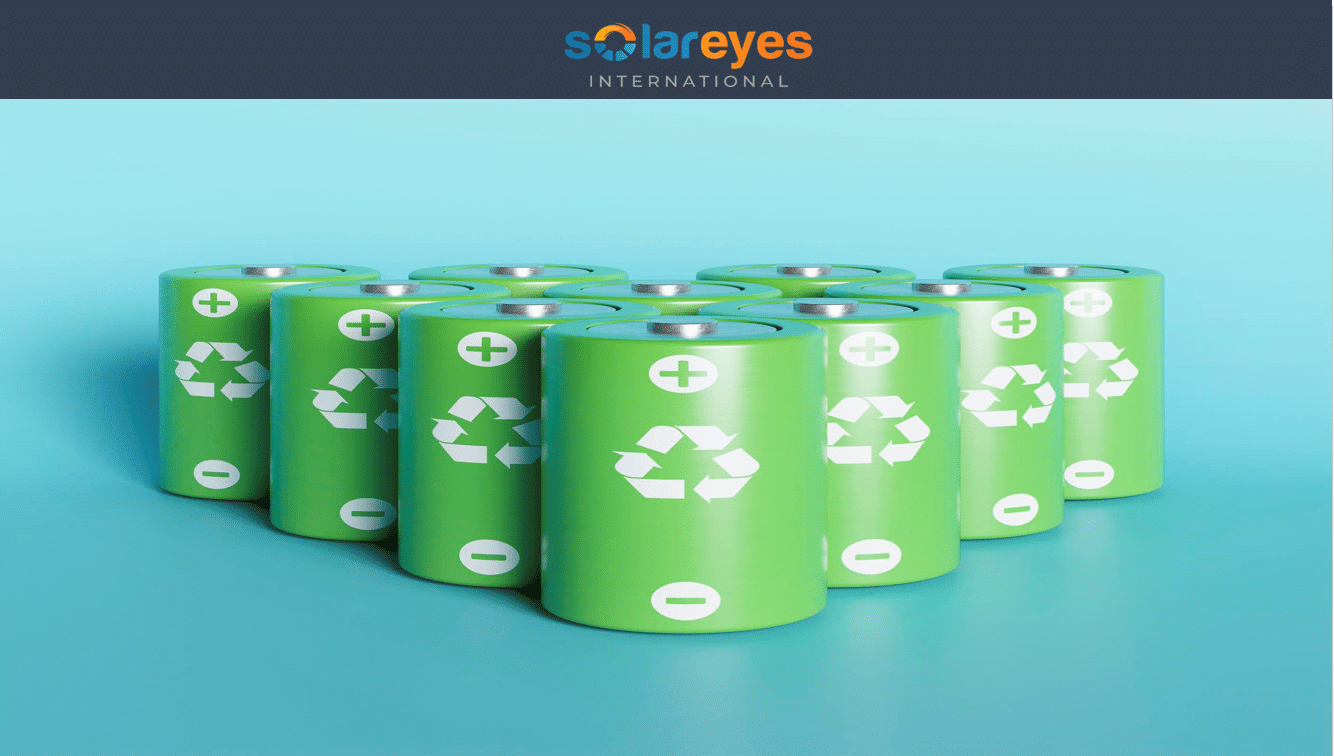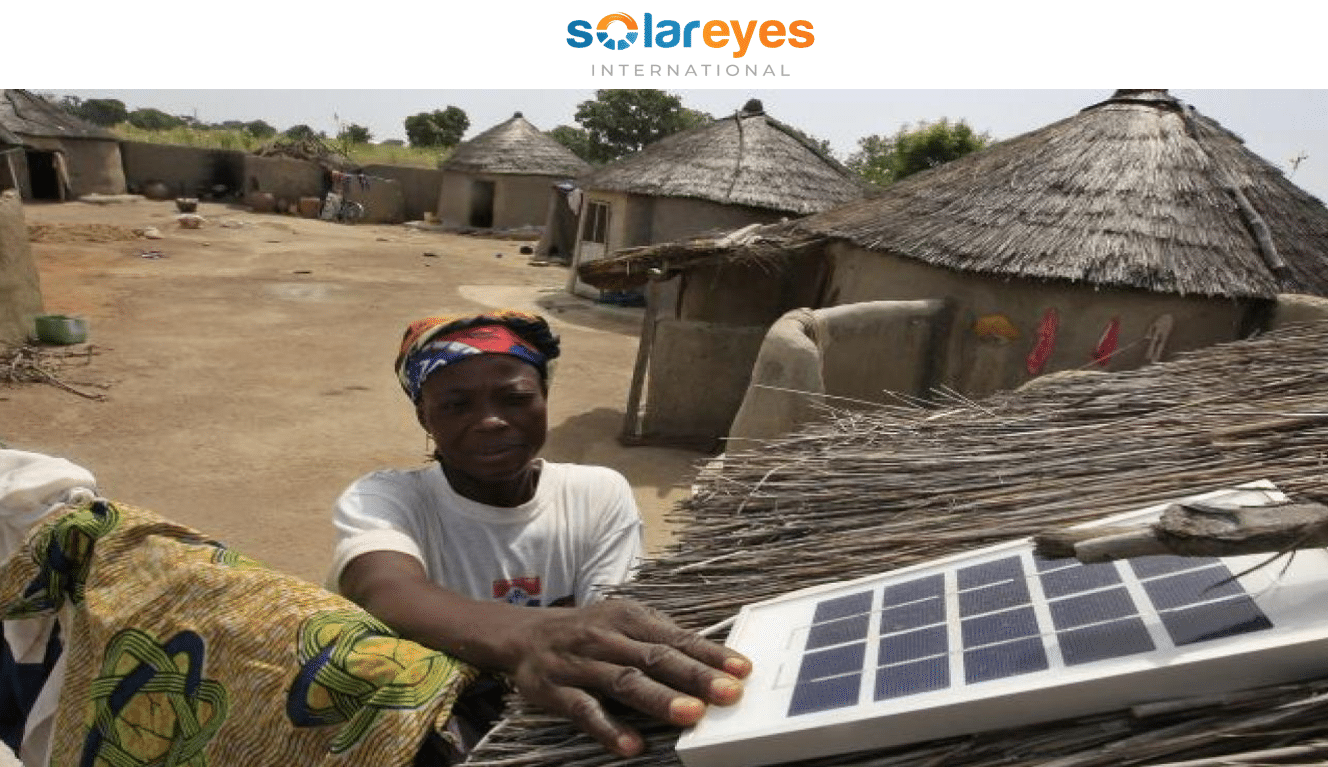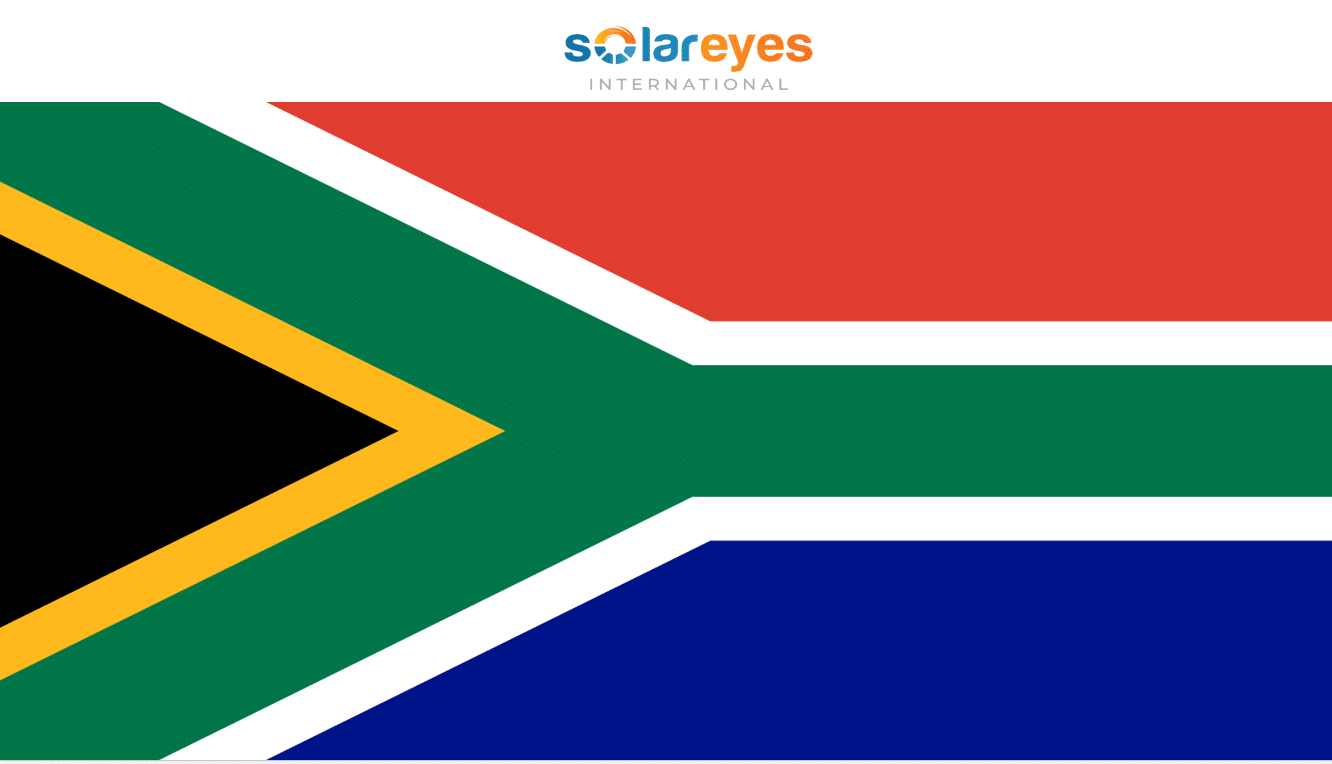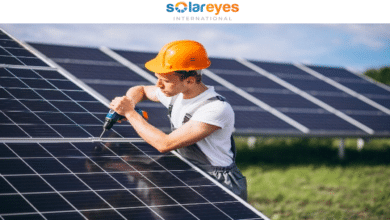Zimbabwe Announces Solar Incentives for 1GW IPP Projects
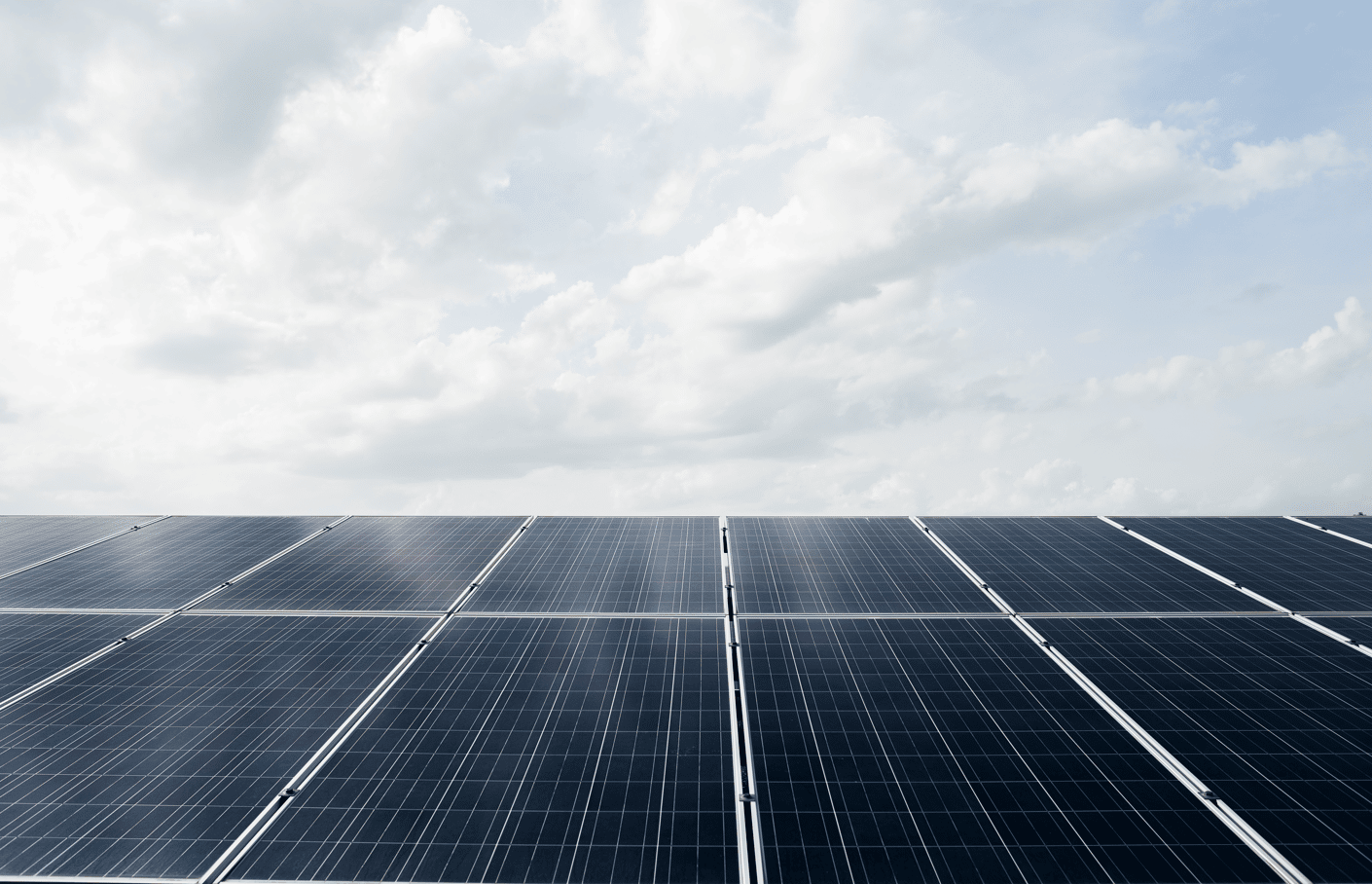
The government of Zimbabwe has announced solar incentives for solar projects with a target of 1GW. The move is aimed at increasing solar energy generation in this energy crippled country.
So what exactly are solar incentives? How are they effective as a measure to curb the energy poverty problem. What are the advantages and disadvantages of common solar incentives as implemented in other countries? These are the questions one might have.
Before we talk about solar incentives it will be good to understand the basics of a solar system, like what is a solar system and what are the different components of a solar system. Furthermore, one might want to know more how to size a solar system before jumping to solar incentives.
Solar Incentives Announced for Solar Projects in Zimbabwe
Through its finance Minister, Mthuli Ncube, the government of Zimbabwe has announced solar incentives for solar projects.
A Government Implementation Agreement(GIA) is put in place to facilitate commissioning of twenty seven(27) solar independent power producers (IPPs) systems with a total of 1GW. The targeted solar projects are privately owned and worth about $1 billion in total.
The idea is for the government to help with the bankability of those solar projects. Guaranteed payments with the Reserve Bank of Zimbabwe, project development support and power purchase agreement are part of the GIA package. The idea is to guarantee and facilitate foreign loan repayments to external investors.
Other examples of big solar projects in Zimbabwe include a 1MW rooftop solar system for Schweppes Zimbabwe which is the biggest rooftop solar PV system in Zimbabwe.
*** CHECK: SOLAR FOR FESTIVE SEASON – 10 ways to spend the festive season with lights on
Why this move? What does it mean?
Zimbabwe has been struggling to meet its energy demand. Of recent the country has been affected by the low levels in the Zambezi river which forced the plant to stop generating power. Zimbabwe gets more than 50% of its energy needs from this source.
LIVING UNDER THE GRID IN ZIMBABWE – little known facts about this catastrophe
Due to the outdated nature of many of the power plants in Zimbabwe, there is less chance that they will get back to 100% even after maintenance. Therefore, the government is trying to incentivize alternative power to fill the gap.
Will it work? Maybe the appropriate question is has similar schemes worked before in this land locked country? Solar incentives have been successfully implemented in other countries and can also work for Zimbabwe. However, for the case of Zimbabwe, many dimensions can come into play especially when it comes to foreign loan repayments considering similar challenges have been experienced due to currency crisis.
The country has been having challenges in providing payment to IPP owners due to currency crisis. So this move is to guarantee bankability and profits to IPP owners for such project. In a way to attract more actors in the near future.
Apart from a volatile currency, another problem that investors have been having with solar IPP projects in Zimbabwe is unattractive tariffs. This has left many prospective investors to remain on the fence for quite long. Maybe this move will make them cross over and participate.
What Exactly are Solar Incentives?
Solar incentives are basically mechanisms put in place, usually by the government to incentivize investors and individuals to go solar. They can be done in different ways but the main goal is to accelerate the uptake of solar. Usually done for bigger projects if the aim is to have a huge impact or reduce a bigger energy demand. Examples can include subsidies, reduced installation costs, rebates and tax credits.
FOLLOW US ON SOCIAL MEDIA
TELEGRAM GROUP
LINKEDIN
FACEBOOK
*** ALSO CHECK: ABBREVIATIONS IN THE SOLAR ENERGY SECTOR
HOW TO SIZE A SOLAR SYSTEM – 5 clear steps anyone can follow

